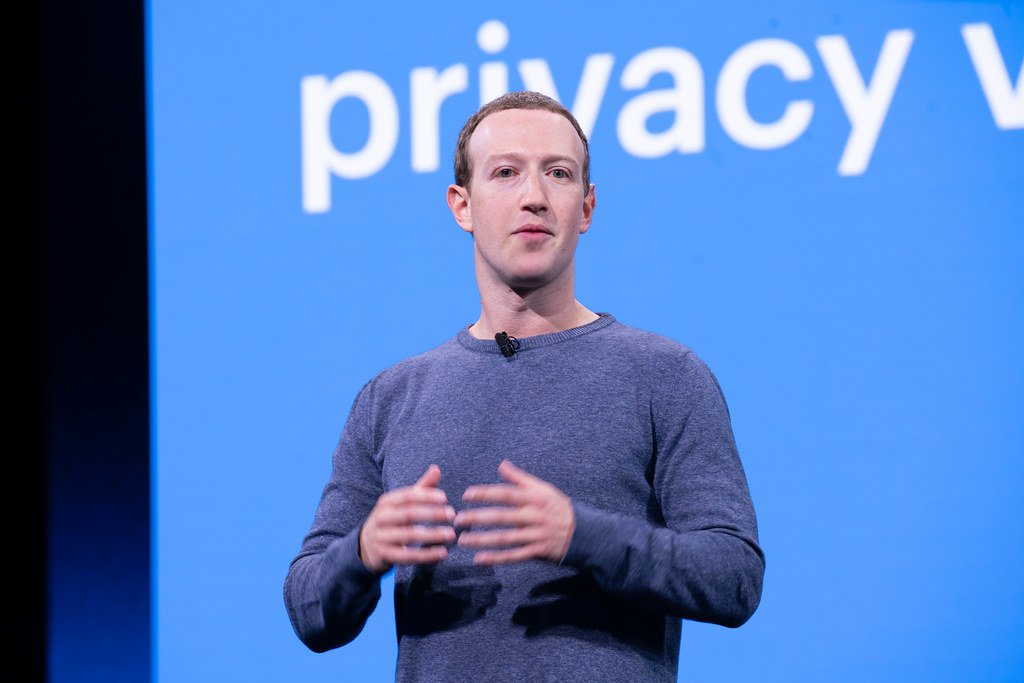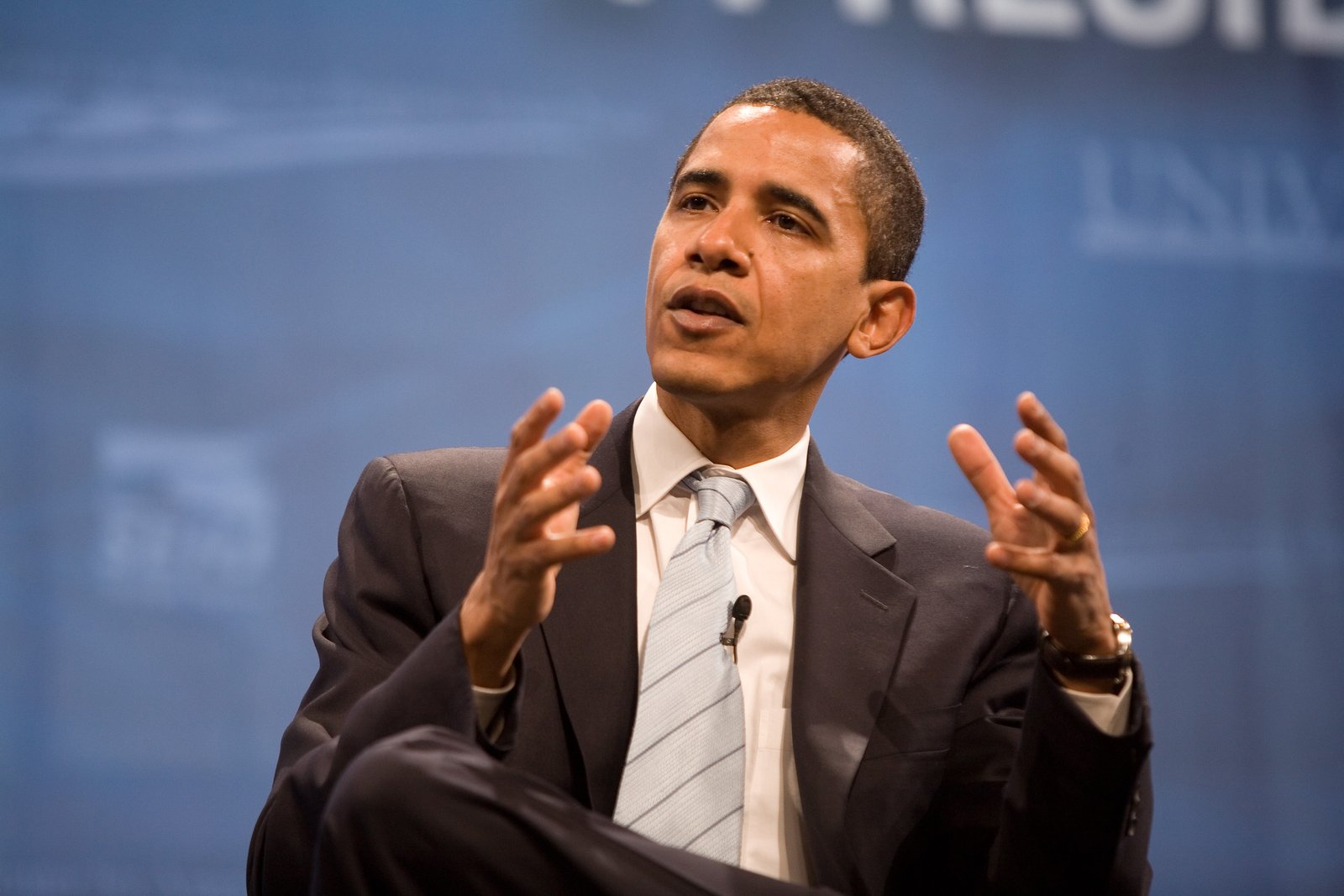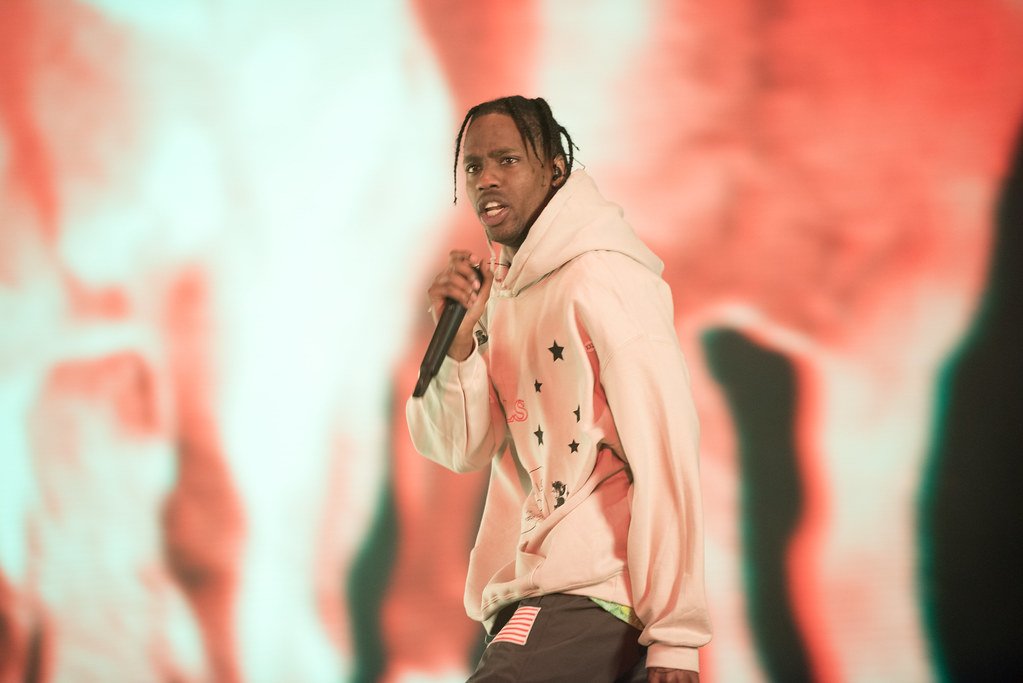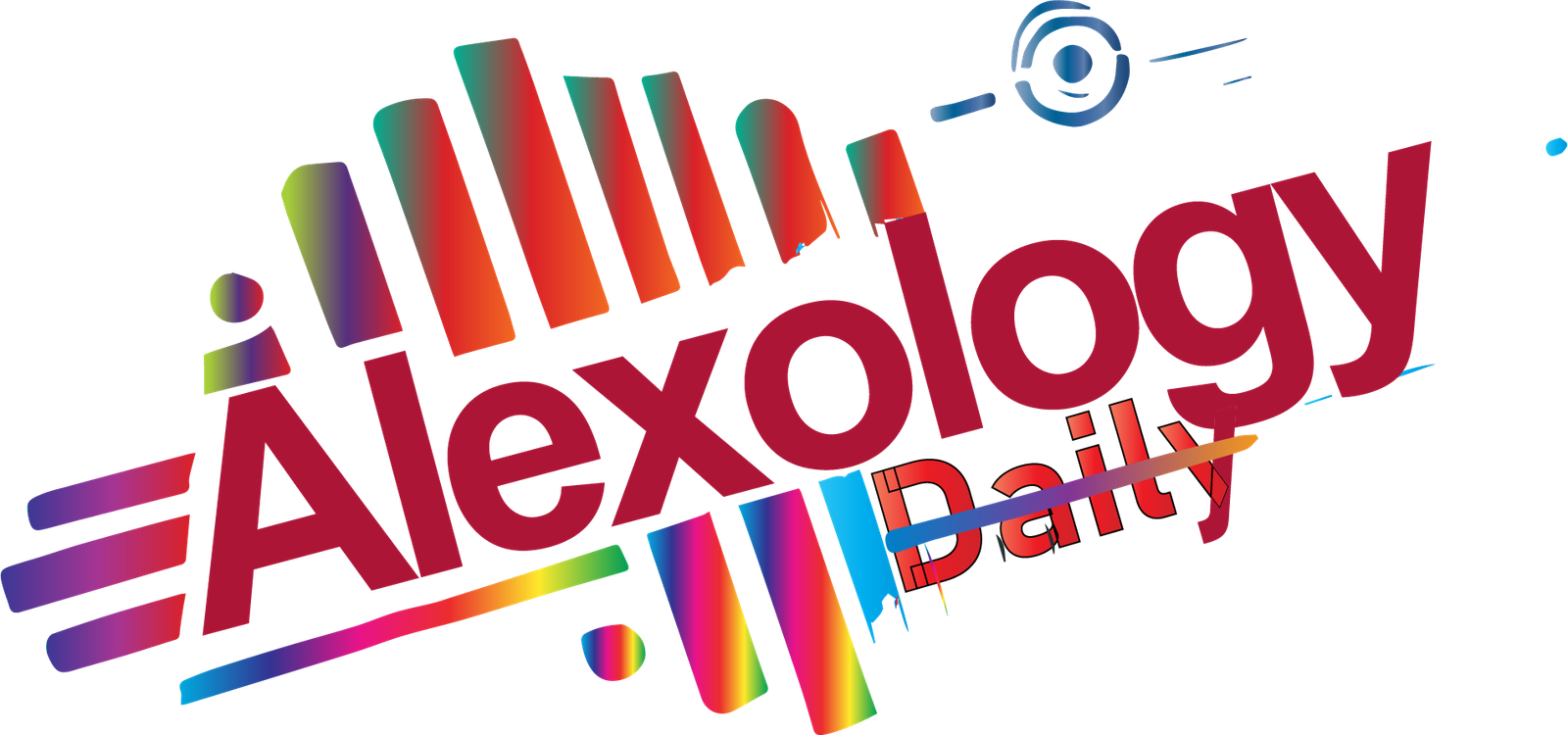Mark Zuckerberg Isn’t Chasing Twitter—He’s Rewriting the Entire Playbook
Entertainment / Date: 06-27-2025

What if I told you that while everyone else was busy roasting Twitter’s slow collapse, Mark Zuckerberg was quietly building its replacement—and something way bigger?
Sounds dramatic. But it’s not.
While Elon Musk's acquisition made Twitter a day-to-day soap opera, Zuckerberg leveraged the chaos as a starting point. Not to replicate it. But to reimagine how the digital town square needs to function in a post-Twitter era. Meta's vision? It's not Threads alone. It's owning your digital identity across the whole internet.
This piece isn’t about praising Zuck or dunking on Musk. It’s about understanding why Meta’s post-Twitter strategy matters—and how Zuckerberg’s life, legacy, and ambitions are quietly shifting the future of social media under our noses.
Meta’s Reinvention: Why Threads Wasn’t Just a Twitter Clone

Let’s get the obvious out of the way: Threads looked like a Twitter knockoff when it launched.
Same vibe. Same endless scroll. Same snarky one-liners. But here’s what most folks missed—it wasn’t trying to be Twitter. It was step one of a bigger plan to create an open, interconnected web of conversations.
Zuckerberg didn’t just want a Twitter alternative. He wanted Threads to be part of the “fediverse”—an open social network structure powered by ActivityPub (the same protocol behind Mastodon). Translation? You could post on Threads, and someone on another app entirely could see it. Even reply to it.
That’s the twist: Instead of locking users inside Meta’s walled garden, Zuck is now trying to tear those walls down—and still win.
Life Behind the Code: What Drives Mark Zuckerberg Now?
Let’s zoom out for a sec.
Zuckerberg has always been laser-focused on one thing: building infrastructure for human connection. At first, that meant poking your college crush on Facebook. Then it meant photo-sharing (Instagram), messaging (WhatsApp), and eventually—virtual spaces (the Metaverse).
But here’s where it gets weird. While public opinion of him has wobbled wildly—from awkward tech bro to real-life supervillain to unexpected MMA hobbyist—Zuckerberg never really changed his mission.
He’s still obsessed with helping people “feel present” with each other. He just thinks the tools need to evolve.
And lately, that means:
- Threads for public conversation
- Meta AI for smart content filtering
- VR and AR to reinvent digital presence
The point is—he’s not winging it. He’s building an ecosystem. One where Meta doesn’t own every part of your experience… just enough to guide it.
Twitter’s Collapse Gave Meta the Opening It Needed
Let’s be real—Twitter tanked itself.
Post-Musk, the platform hemorrhaged advertisers, genuine trolls dominated, and the entire atmosphere changed from "global convo" to "crazy cage match." Meanwhile, during that time, Meta quietly observed the mess. Then struck.
Threads launched at lightning speed. It was stable. Clean. Less toxic. Did it feel a little bland? Sure. But it wasn’t trying to stir the pot. It was offering a safe space while Twitter set itself on fire.
Meta continued after that. Zuckerberg was wise enough to avoid placing all of his money on a single program. That’s why Threads was linked with Instagram accounts from day one. Why? Because it let Meta skip the hardest part: building a social graph from scratch.
The Shift to Privacy, Control, and Ownership
Here’s the uncomfortable truth most critics won’t admit—Zuckerberg is ahead of the curve when it comes to digital sovereignty.
He sees what people are asking for in 2025: less tracking, more choice, and platforms that don’t trap your content forever. So Meta is leaning into “decentralized social.” It sounds geeky, but it’s huge.
Think of it like this: Imagine being able to take your Threads profile to another app. No need to start over. No need to rebuild your followers. That’s the dream—and Meta is actually working on it.
Which is hilarious, right? The same company that got grilled for data abuse is now trying to lead the charge for open standards.
Hypocrisy? Maybe. But progress? Definitely.
Zuckerberg’s Personal Life Isn’t What It Used to Be—And That’s On Purpose
He’s rebranding himself—not as the overlord of your social feed, but as a relatable dad who wants tech to feel more human. He talks openly about balance. Family. Meditation. Discipline.
He even took time off to be with his kids and still showed up swinging (literally) in a jiu-jitsu tournament. That blend of dad-mode and warrior-mode? It’s working.
Can he really pull off a second act?
That’s the question.
The Metaverse Isn’t Dead. It’s Just Getting Quietly Smarter.
Remember when “the Metaverse” was all anyone talked about? Virtual meetings. Legless avatars. The future of everything?
But here's the kicker: Zuckerberg didn’t back out. He just pivoted. Meta is now integrating AI with its VR strategy. Smarter avatars. Realistic environments. AI-powered collaboration tools.
He’s not chasing hype—he’s betting that our virtual lives will matter. Just not in the way people imagined back in 2021. Instead of some Ready Player One fantasy, Meta is aiming for practical, low-friction tech that makes remote life feel less… remote.
Zuckerberg’s not loud about this anymore. But behind the scenes? He’s still pouring billions into Reality Labs. Still testing new hardware. Still pushing boundaries.
Because he knows something most don’t: big shifts don’t happen overnight. They sneak in quietly. Then change everything.
Here’s the Bottom Line…
Zuckerberg’s not here to copy Twitter. Or TikTok. Or anyone else.
He’s playing a long game—rebuilding trust, designing open systems, and experimenting like it’s Day One at Harvard again. He knows his legacy isn’t just Facebook anymore. It’s the infrastructure of digital life.
Love him or loathe him, one thing’s clear: he’s not fading into the background.
So ask yourself…
Will Zuckerberg’s version of the internet be the one we end up living in—or are we too busy watching the wrong empire fall?
Follow Us
Newsletter
Subscribe to our newsletter to stay updated with our latest news and offers.
We respect your privacy.Trending










